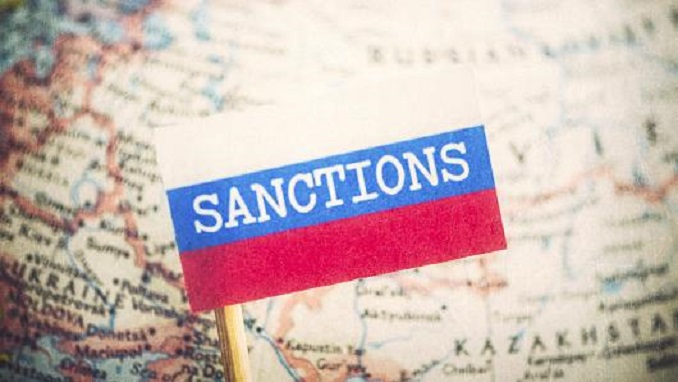Current trends in global oil markets are helping Russia curb the effects of U.S. sanctions, a situation much different from when former U.S. President Barack Obama first imposed measures in 2014, Bloomberg writes.
With some traders predicting the price of Russia’s main export commodity to hit $100 a barrel for the first time in four years, the windfall from higher oil revenue could end up mitigating the effect of even the harshest sanctions under discussion in Washington, analysts say.
“The surge in oil prices should outweigh the sanction fear,” said Viktor Szabo, a portfolio manager at Aberdeen Standard Investments in London. “Russia is one of the strongest among emerging markets in terms of fundamentals.”
Paul McNamara, a London-based fund manager at GAM UK Ltd. with an overweight position in Russian ruble bonds, says he added to his holdings after the Russian central bank paused its policy of topping up reserves with hard-currency purchases to avoid exacerbating ruble weakness.
While he concedes that the tougher version of the penalties would mean “more downside” for Russian markets, “major macro issues” can be avoided with oil trading where it is. And if sanctions don’t materialize in their harshest form, current oil prices “put Russia in a very strong position,” he said.
Daleep Singh, a former Treasury official who helped pen the sanctions against Russia in 2014, admitted in a recent testimony (pdf) that most of the economic contraction in the country was caused by the decline in oil, not by limiting some Russian companies’ access to capital markets. “Most credible estimates” are that 10 percent to 40 percent was caused by U.S. sanctions, Daleep said.
After skipping four local bond sales in a row, the longest stretch since the 2014 crisis, Russian officials say they have no need to rush back into the market and meet investors’ demand for a yield premium. The recent ruble weakness and elevated oil prices mean that the value of a barrel of Brent in ruble terms is close to a record, bolstering the budget and helping the government meet its local-currency spending goals.












